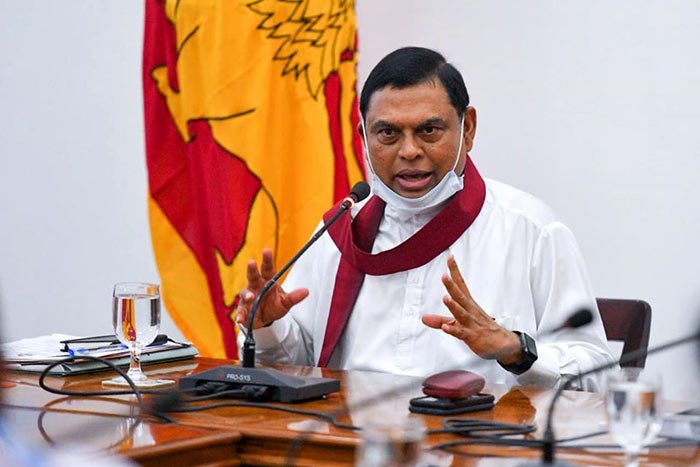
The European Union has announced that it will provide Sri Lanka 22 million euros in aid, targeting the health, agriculture, and tourism industries, despite concerns that Sri Lanka has abandoned its commitments to human rights under the co-sponsored UNHRC resolution 30/1.
This aid was agreed upon following a meeting on the 8 April 2020 between the Ambassador of France, Germany, Italy, the Netherlands, Romania, and Sri Lanka’s Task Force Chair Basil Rajapaksa.
2 million euros has been allocated to support in the procurement of medical supplies and equipment; a further 16.5 million is allocated for the agricultural sector and to support supply chains, and a further 3.5 million has been allocated to support Sri Lanka’s tourism industry.
Sri Lana’s response to COVID-19
In their statement the EU commends Sri Lanka on its low reported COVID-19 cases, however, Sri Lanka’s militarised response to the coronavirus as well as the continued detention of prisoners in overcrowded prisons has been widely panned.
Prisoners
Earlier this month Amnesty International released a report condemning the lethal violence used by Sri Lanka’s police against prisoners agitating against inadequate safeguards at Mahara Prison Complex. At least 8 prisoners were killed during this incident.
Tamils across the North-East have continued to protest the detention of Tamil political prisoners and demanding their release. Earlier this year, Sellapillai Mahendran, the longest-serving Tamil political prisoner died in prison. A further 64 Tamil political prisoners, imprisoned at Welikada prison have tested positive for the coronavirus.
Militarised response
Sri Lanka has appointed the accused war criminal, and head of the Sri Lankan army, Shavendra Silva to oversee the country’s response to the coronavirus. This is part of a larger project of militarising civil society and has been roundly criticised.
In October of this year, the Sri Lankan army was criticised for abusing factory workers, in a Brandix garment factory, who were forced into quarantine centres by the military.
Tourism
Sri Lanka’s tourism industry, which has been steadily coming under military control since the end of the armed conflict, has suffered due to travel restrictions caused by the coronavirus and the Easter Sunday bombing.
The tourism sector had accounted for 11% of the country’s economy.
Read the full statement from the European Union


